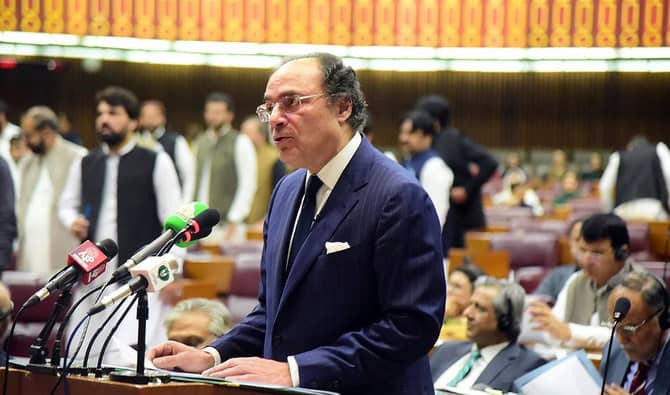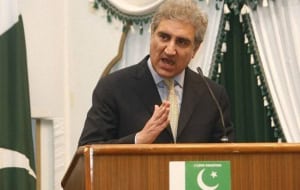Pakistan’s “ambitious” FY25 federal budget enhances its chances of securing a financial bailout from the International Monetary Fund (IMF), according to Fitch Ratings on Tuesday. The American credit rating agency noted that while the budget aims to narrow the country’s fiscal deficit, it will come at the expense of economic growth.
Last Wednesday, Pakistan unveiled its highly anticipated Rs18.877 trillion ($67.76 billion) federal budget for the fiscal year 2024-25. The budget, heavily focused on tax reforms, is expected to play a crucial role in Islamabad’s negotiations with the IMF as the country struggles to prevent a macroeconomic crisis.
Despite inflation dropping to a 30-month low of 11.8 percent, Pakistan still requires IMF’s financial assistance to bolster its foreign reserves and stabilize its weak currency.
“Pakistan’s ambitious FY25 budget strengthens prospects for an IMF deal,” Fitch stated in a press release. “It is uncertain whether fiscal targets will be hit, but even assuming only partial implementation of the budget, we forecast the fiscal deficit will narrow.”
Fitch explained that narrowing the fiscal deficit would alleviate external pressures on Pakistan, although it would negatively impact the country’s growth. The rating agency forecast a primary surplus of 0.8 percent for Pakistan, based on shortfalls in revenue generation and overspending in current expenditure, partially offset by under-execution in development spending.
“We believe tight policy settings may depress growth more than the government expects, and have reduced our growth forecast to 3.0 percent for FY25, from 3.5 percent, despite some improvements in short-term indicators of economic activity,” Fitch noted.
The agency highlighted that Pakistan’s government debt is expected to decline to 68 percent of GDP by FYE24 due to high inflation and deflator effects, counterbalancing soaring domestic interest costs.
Fitch projected that inflation and interest costs would decline, with economic growth and primary surpluses gradually reducing government debt relative to GDP. It noted that Pakistan’s central bank cut policy rates for the first time in five years on June 10 by 150 basis points to 20.5 percent.
“We now forecast FY25 inflation at 12 percent, and the FYE25 policy rate at 16 percent,” Fitch added.
Despite stable debt dynamics, Fitch described external liquidity and funding as Pakistan’s key credit challenges. While the country may secure a new IMF deal, maintaining the stringent policy settings necessary to manage external financing needs and comply with a new Extended Fund Facility (EFF) could become “increasingly challenging.”
Fitch observed that Pakistan’s external position has improved since February, with exchange rate reforms attracting remittance inflows back to the official banking system and strong agricultural exports providing additional support.
“However, Pakistan’s projected funding needs still exceed reserves, at about USD20 billion per year in FY24–FY25, including maturing bilateral debt that we expect will continue to be rolled over,” Fitch warned.
“This leaves Pakistan exposed to external funding conditions and policy missteps. Pakistan’s ‘CCC’ rating, affirmed in December 2023, reflects high external funding risks amid high medium-term financing requirements.”
















